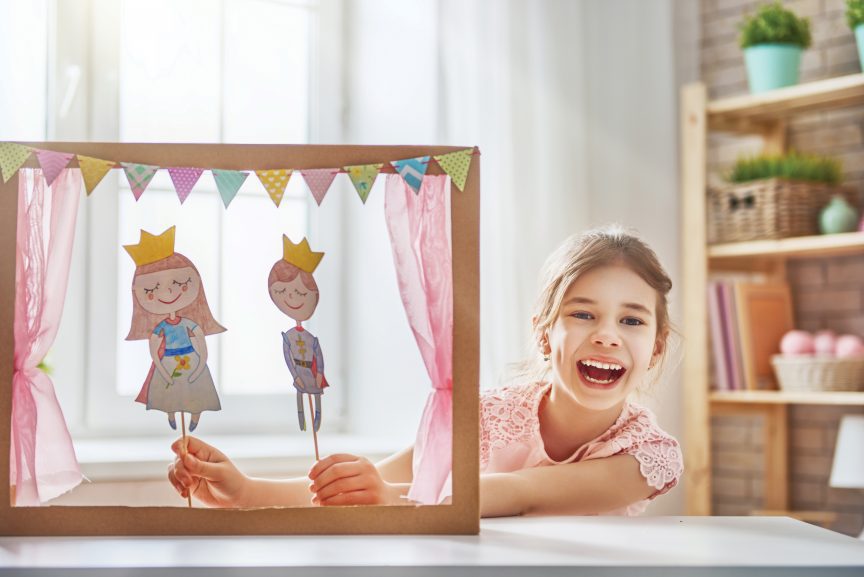“Play therapy is based upon the fact that play is the child’s natural medium of self-expression. It is an opportunity which is given to the child to ‘play out’ his feelings and problems just as, in certain types of adult therapy, an individual ‘talks out’ his difficulties.” -Virginia Axline
Through play therapy, children learn to communicate with others, express feelings, modify behavior, develop problem-solving skills, and learn a variety of ways of relating to others. Play provides a safe psychological distance from their problems and allows expression of thoughts and feelings appropriate to their development.
Who can benefit?
Play therapy is most often used with children ages 3-12. It can be used as a primary intervention or as supportive therapy for behavioral problems, such as anger management, grief and loss, divorce and abandonment, and crisis and trauma or behavioral disorders, such as anxiety, depression, attention deficit hyperactivity (ADHD), autism or pervasive developmental, and conduct disorders. Therapeutic play helps children with social or emotional difficulties learn to communicate better, change their behavior, develop problem-solving skills, and relate to others in positive ways.
Play therapy helps children:
- Become more responsible for behaviors and develop more successful strategies.
- Develop new and creative solutions to problems.
- Develop respect and acceptance of self and others.
- Learn to experience and express emotion.
- Cultivate empathy and respect for thoughts and feelings of others.
- Learn new social skills and relational skills with family.
- Develop self-efficacy and thus a better assuredness about their abilities
What is a Registered Play Therapist?
The practice of play therapy requires extensive specialized education, training, and experience. A play therapist is a licensed mental health professional who has earned a Master’s or Doctorate degree in a mental health field with considerable general clinical experience and supervision.
With advanced, specialized training, experience, and supervision, mental health professionals may also earn the Registered Play Therapist (RPT), Registered Play Therapist-Supervisor (RPT-S) or School Based-Registered Play Therapist (SB-RPT) credentials awarded by the Association for Play Therapy. Many counselors may have toys in their therapy sessions for children to play with though have not received the necessary training and supervision to be credentialed as a “play therapist.” Looking for the credentials listed above will help you find an experienced play therapist.
About the Therapist
Nicole Lahr is a Registered Play Therapist (RPT) and Licensed Professional Counselor (LPC) at Brentwood Hospital and Outpatient Clinic in Shreveport, Louisiana. She previously worked in the school setting in Virginia with children struggling from emotional and behavioral difficulties helping them adjust and thrive in the school environment. In addition, she has experience working in a school that specializes in Autism. Personally, Nicole is a military spouse and daughter who understands the ebb and flow of military life. She is passionate about helping children navigate the stressors of life and assisting them in overcoming obstacles. Nicole works with children ages 3-12 years.
The Brentwood clinic may be reached at 318-222-6226 or online by clicking here.








